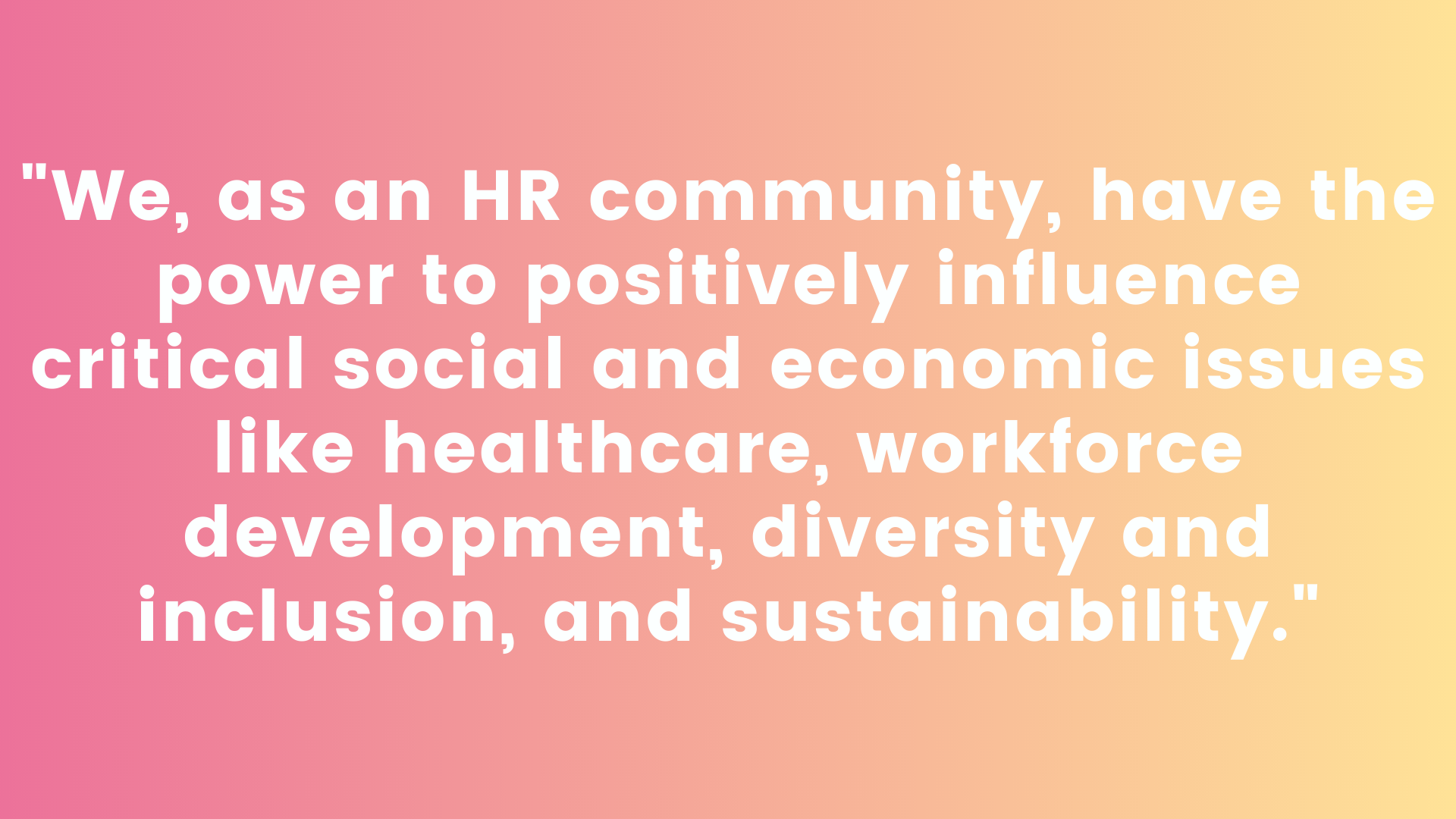InConversation: Ingersoll Rand

A Conversation With
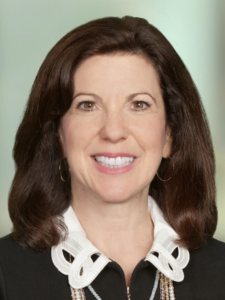
Dr. Marcia J. Avedon
Senior VP, Human Resources, Communications, and Corporate Affairs at Ingersoll Rand
Marcia leads global human resources at Ingersoll Rand, building the leadership effectiveness, engagement, talent, and capabilities necessary to achieve their business objectives and deliver premier performance. She also oversees the company’s corporate communications, branding, government affairs, and community relations practices, engaging with stakeholders around the world to enhance the company’s brand and reputation with employees, customers, and investors. Marcia serves on the Boards of Directors for GCP Applied Technologies, the Center for Creative Leadership, the HR Policy Association, the Cornell University Center for Advanced Human Resources Studies, and the National Academy of Human Resources.
TSG: What inspired you to build a career in the field of Human Resources? Was there a defining moment that led you to your decision?
MA: If you would have told me in my twenties fresh out of school with a doctorate in psychology that I’d end up overseeing human resources, communications, and corporate affairs for a global diversified industrial company, I would not have believed you.
But after starting my career as a consultant in leadership and organization development and progressing as a leader in these areas, I had an opportunity to run an HR organization for a large global strategic business unit – one of my first big stretch leadership assignments.
After a few cycles in that role, I realized two things: 1) that I enjoyed being a business leader; and 2) that I enjoyed the field of HR more broadly. The opportunity to lead change and bring about positive outcomes for an organization and its people was especially rewarding and shaped my subsequent career direction.
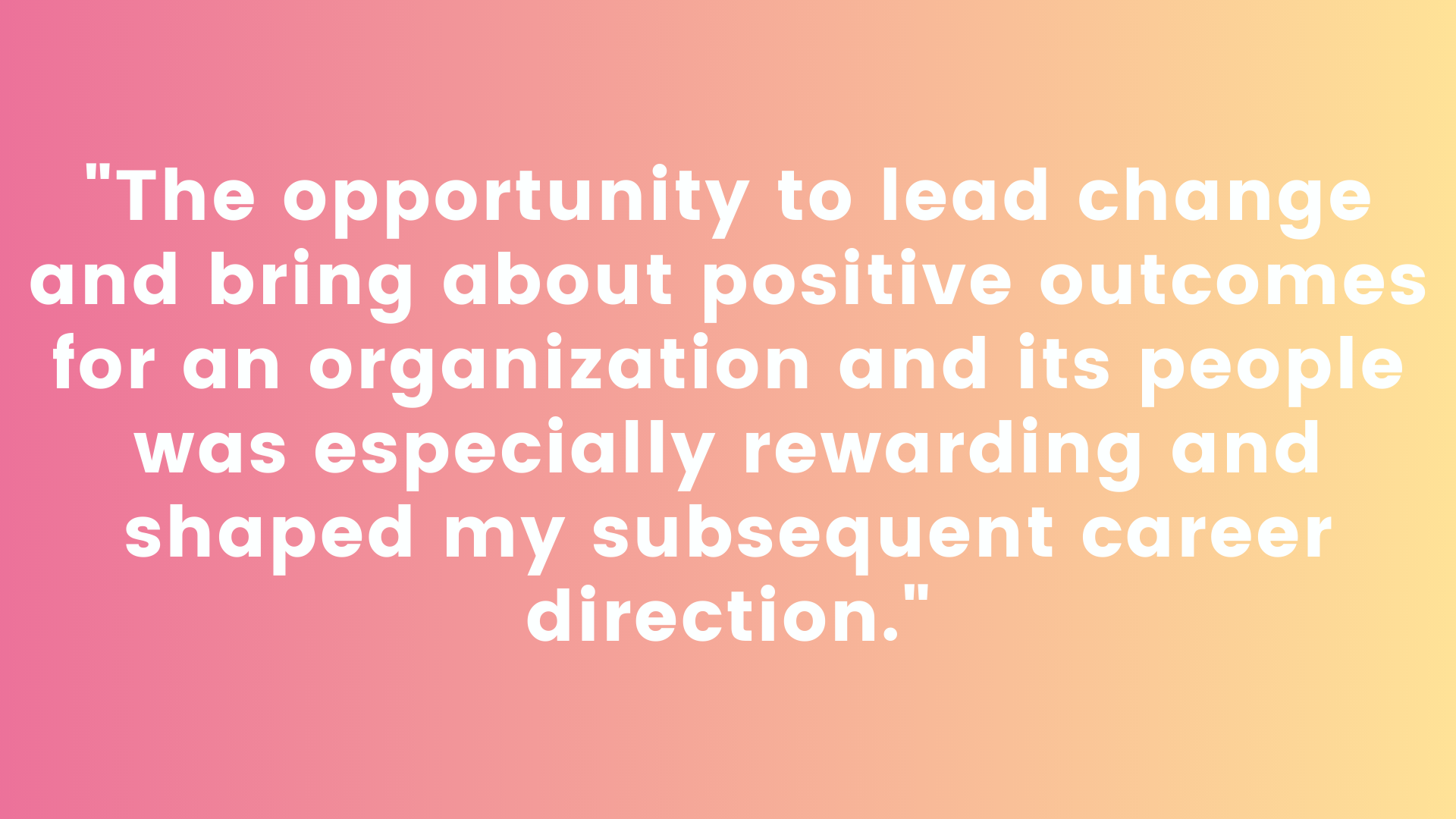
TSG: You are actively involved in professional associations, as well as a serving as a director on a corporate board. What importance have these experiences played in your career?
MA: I’ve sought out a wide variety of professional experiences; all have been invaluable in different ways and made me a more effective HR and business leader.
- Being active in professional associations, particularly in HR, helps me stay current on trends in the field and build a strong network of peers and colleagues. We learn from each other, and, together, we are able to advance our collective knowledge and practice.
- My work with academic institutions, including the Cornell University Center for Advanced Human Resources Studies, helps me build stronger collaboration between researchers and practitioners.
- Other affiliations, such as serving on the HR Policy Association and University of South Carolina Center for Executive Succession Board, have allowed me to influence the field and build coalitions for important topics – from executive compensation to succession planning to healthcare.
- My corporate board of director experiences – including currently GCP Applied Technologies and the Center for Creative Leadership, help me broaden my leadership perspective and stay connected to important trends in business, governance, strategy, and leadership. For example, one of my responsibilities as CHRO is supporting our company board on CEO compensation and succession. Being a board member myself, I have a greater understanding of the intersection between governance, investor needs, business strategy, and results.
This broad portfolio of experience helps make me, our HR team, and our company stronger.
TSG: You recently celebrated your 10-year anniversary at Ingersoll Rand, congratulations! What has been your biggest HR challenge that you’ve encountered in your decade at Ingersoll Rand, and how did you manage the challenge?
MA: Driving employee engagement improvement globally was one of my biggest challenges. In my first few years at Ingersoll Rand, we struggled with lackluster employee engagement. Despite our efforts, employee engagement scores were below average and stagnant. This was frustrating for me personally, but also for our entire company, which prides itself on premier performance and a winning culture.
It was clear we needed a new approach. We shifted engagement accountability into the hands of our people managers. We set clear expectations, then trained and coached managers on our desired leadership behaviors and engagement outcomes.
With continued focus over several years, employee engagement has become part of the fabric of our company. I’m proud to report that we have steadily increased engagement 16 points in four years. Our engagement scores now remain in the top 10 percent for our industry and the top quartile among all global companies.
It helped that we had senior leadership buy-in on the importance of employee engagement, including our CEO and Board of Directors. We use leaders’ engagement scores to make talent decisions, and that is widely understood. We firmly believe employee engagement creates a virtuous cycle of success that benefits our people, customers, and shareholders. (Ingersoll Rand’s total shareholder return is up more than 500 percent over the same period of time.)
Looking back, our engagement journey has been by far the greatest challenge and achievement I’ve experienced at Ingersoll Rand.
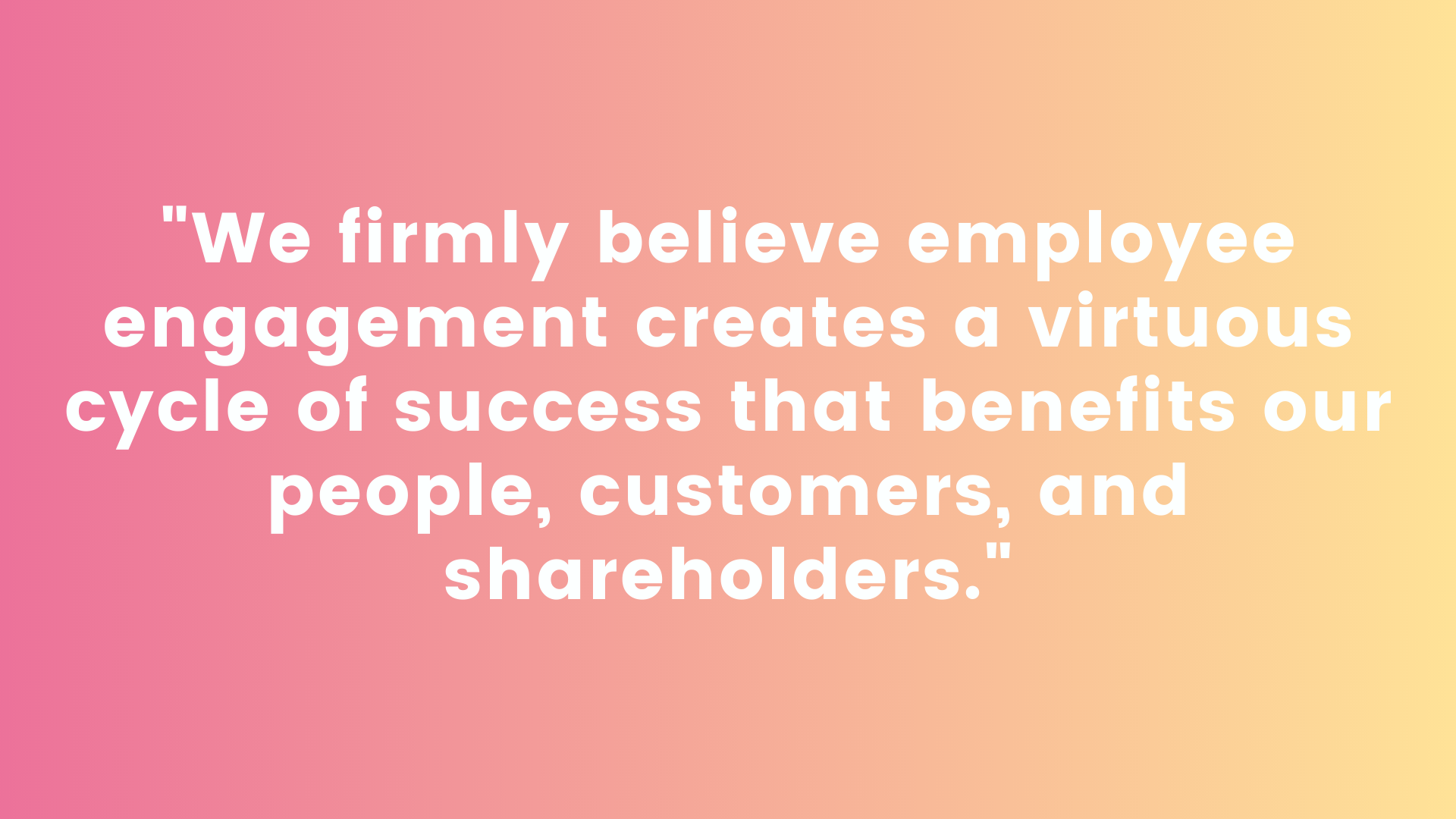
TSG: Ingersoll Rand recently committed to bringing gender parity with their joining the Paradigm for Parity coalition, a coalition that intends to bring gender parity to corporate leadership structures by 2030. How will Ingersoll Rand proactively work to actualize that goal?
MA: Ingersoll Rand has long been committed to advancing diversity and inclusion in the workplace, and fostering an environment where our people of all backgrounds are treated with dignity and respect. We also know that the work to create this environment is never done. I’m proud that our company is taking a public stand for diversity and inclusion and joining forces with our peers through Paradigm for Parity® and, recently, CEO Action for Diversity and Inclusion™. Both initiatives are a natural extension of our company philosophies, goals, and programs already underway.
We will continue to enhance the programs that are working – unconscious bias training, affinity groups and inclusion networks, women’s leadership programs, to name a few – coupled with best practices we learn from our peers and partners through these coalitions. Of course, diversity and inclusion aren’t “one size fits all.” We are setting specific goals that meet our biggest needs and opportunities and customizing solutions to different countries and regions.
We’re excited to further strengthen these efforts through our partnerships. Together, with our peers in the business community, we have the collective power to make a lasting positive change on diversity and inclusion in the workplace. We hope to accelerate our progress both in Ingersoll Rand and in the industry as a whole by working together.
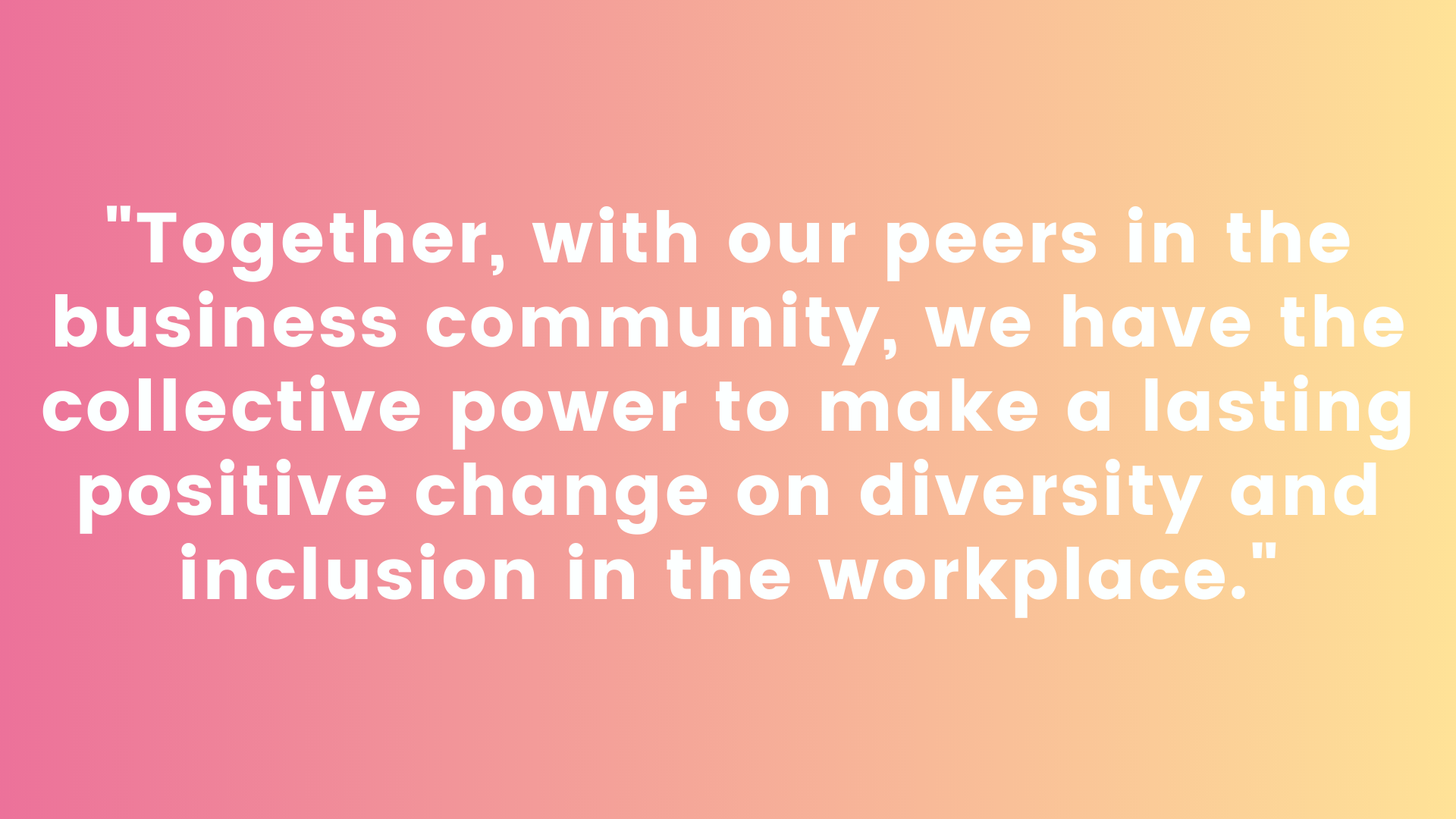
TSG: What three experiences do you believe to be crucial for an individual if they hope to become a CHRO?
MA: First, demonstrated business acumen – both understanding and interest in how the business works to satisfy all stakeholders, including shareholders. In all HR leadership roles, but especially at the CHRO level, you have to be viewed and valued by your peers as a business leader first. Someone who is coaching, advising and making smart decisions on behalf of the shared, sometimes competing, interests of employees, the organization, customers, and shareholders. My advice is to gain experiences that help you understand the business broadly and from many stakeholders’ views. This approach has never steered me wrong over more than 15 years in the C-suite.
Second, the board of directors’ experience or exposure. It is often hard to get ongoing board interactions prior to becoming the CHRO, but any exposure, including board work outside of your company, is helpful. Corporate or non-profit board work will help you have a greater appreciation for the partnership and distinct roles between the board and management team and build external awareness, and you will be more effective and influential in the CHRO role.
Finally, connection to the external world and societal issues. As a CHRO, you have a unique opportunity to influence beyond individuals, teams, and your own organization; you have the ability to positively impact the broader HR profession, the communities in which you and your people live and work, and society at large. An external world view will help you provide greater purpose and direction for your own HR organization and have a greater impact on the world. For example, our Ingersoll Rand HR team is actively engaged in helping our company achieve its broader business, societal, and environmental sustainability goals.
TSG: What advice would you give to any young leader who aspires to be successful?
MA: First, continuously evaluate the opportunities around you as well as your own strengths and aspirations. What makes you tick? What do you value, at work, and outside of work? This insight will help you keep your eyes open to new ideas and opportunities, and you’ll make more purposeful development and career choices. In my experience, the most successful people are the ones with keen self-awareness and adaptability. They are clear about their goals and strengths, and they use that insight to propel their career in interesting and varied ways.
Second, have a career plan, but be flexible and open to new experiences. Take the less comfortable assignments. Take risks beyond your core strengths. Don’t be afraid to take the less obvious path. The most growth and development often happens when not planned and not staying doing the same activities or functions over time.
Third, while building relationships, find trusted advisors, and have meaningful career conversations. Engage your manager, mentor, or colleague or peer you respect as a sounding board. Ask for feedback on your skills, behaviors, and personal brand. Honest feedback from people you trust will help you shape a more effective career development plan.
Remember, there is no one perfect career path, and you ultimately own your career and success – whatever that means to you.
TSG: What HR strategies or trends are top of mind for you these days?
MA: While there has been a lot of discussion in recent years around performance appraisals and some companies were overhauling performance management, throwing competencies and performance ratings out the window, our HR leadership team made an intentional decision to leave our performance management approach as is.
We instead focused our investments on career development, an area we felt would have a much greater impact on our people and company overall. We introduced a new, integrated career management and rewards system, called “Career Progress.”
Our employees now have greater visibility of career possibilities at the company and a suite of career management resources to help them better navigate career options, make more informed career decisions, and have more meaningful career conversations with their manager. At the same time, we also simplified our classification or grading system to remove that barrier to developmental moves.
This new framework also provided greater transparency in our rewards framework. For Ingersoll Rand, it was key to success that we understand and remain true to our company culture and address our greatest opportunities for improvement, not just follow HR fads.
TSG: What most excites you about the future of Human Resources?
MA: I believe the field of human resources has the opportunity to make an even greater impact on the human experience – at work and outside of work. The contributions we make in HR help individuals achieve their career aspirations, teams reach goals they never thought possible, and organizations transform to achieve their purpose in the world.
More than that, I am humbled and energized by the notion that we, as an HR community, also have an incredible opportunity to make a lasting impact beyond our own organizations, in our communities and society at large. Collectively, we have the ability to drive change in the world that really matters. We have the power to positively influence critical social and economic issues like healthcare, workforce development, diversity and inclusion, and sustainability – to name a few.
It’s an exciting time for our profession.
